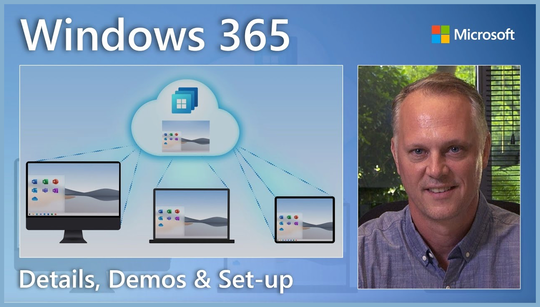Microsoft's Long-Term Plan
Microsoft's long-term aim is to move Windows into the cloud, according to an internal company document discovered during the legal battle between Microsoft and the Federal Trade Commission over the Activision Blizzard acquisition. The shift towards cloud-based Windows is a response to the threat of Chromebooks, which heavily rely on cloud-based Google services. The company intends to defend against this threat by bringing the entire OS into the cloud for consumers.
The Future of Windows
The document, a presentation created by Microsoft's cloud and enterprise chief Satya Nadella, outlines how this shift will impact the future of Windows. Microsoft envisions a future where the power of the cloud and client enable improved AI-powered services and a seamless digital experience. Users will be able to access their full Windows experience and personal data from any screen, while still enjoying the high-performance of a gaming PC.
However, concerns are raised about latency and gaming without an internet connection. Although that day may come, it is not a concern at this moment.
Transitioning to the Cloud
Microsoft has been pushing its software and services into the cloud with Office 365 for some time now. The company's new approach aims to defend against the threat of Chromebooks and other lightly-weighted PCs. While Chromebooks are perfect for users who primarily consume social media, browse the web, and access AI services, Microsoft believes that bringing the entire OS into the cloud for consumers will provide a more robust solution.
However, it is unlikely that Microsoft will push all Windows instances into the cloud, especially those involving gaming and content creation, which require local compute power and low latency. The company will likely transition some instances into the cloud while retaining local processing for high-performance tasks.
It remains to be seen whether this shift will impact gaming PCs. At this moment, Microsoft does not plan to push Windows instances into the cloud that require high-performance tasks, particularly those related to gaming.
For more information about the future of Windows, please visit Microsoft's official website.















